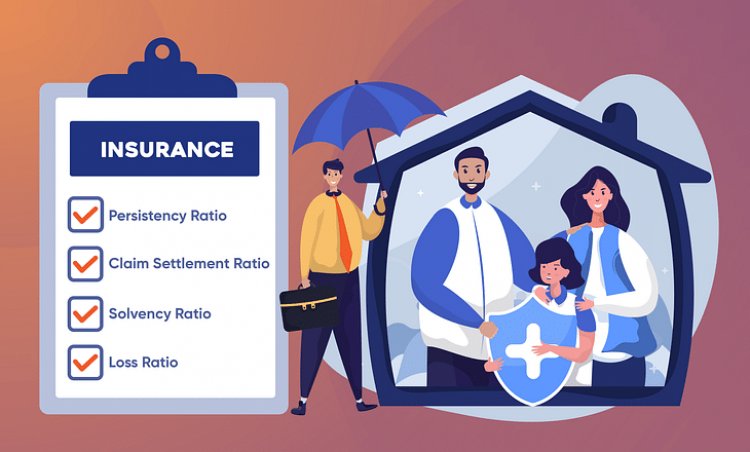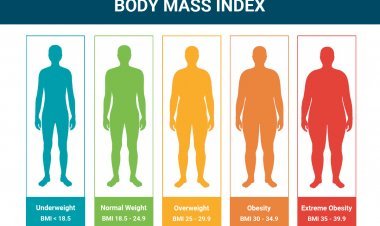What Happens If You Stop Paying Life Insurance Premiums
Discover the consequences of stopping life insurance premium payments, from policy lapse to reduced coverage. Learn about your options and potential alternatives to ensure your loved ones' financial security.

Life insurance is a critical component of financial planning, providing peace of mind and financial protection for your loved ones in the event of your passing. However, there may come a time when you find it challenging to keep up with your life insurance premiums. In this blog, we will explore what happens if you stop paying life insurance premiums and the potential consequences of this decision.
-
Policy Lapse: When you stop paying your life insurance premiums, your policy can lapse. This means that your coverage becomes inactive, and the insurance company will no longer provide a death benefit to your beneficiaries if you pass away. Your policy becomes essentially worthless.
-
Grace Period: Most insurance policies have a grace period, typically 30 days, during which you can make a late premium payment without losing your coverage. However, it's essential to check the specific terms of your policy as grace periods can vary.
-
Automatic Premium Loans: Some whole life insurance policies have a feature called "automatic premium loans." If you miss a premium payment, the insurer may use the cash value of your policy to cover the premium. While this keeps your policy in force, it can reduce the death benefit and accumulate interest.
-
Reduced or Surrendered Coverage: If you have built up a cash value in your policy, another option might be to use it to cover the premiums temporarily. However, this will reduce your coverage or, in the worst case, lead to a policy surrender, in which you receive the cash value but lose the insurance protection.
-
Reinstatement: In some cases, you may have the option to reinstate your lapsed policy by catching up on missed premium payments and potentially paying late fees or interest. The insurance company will likely require proof of insurability, which may include a medical exam.
-
Conversion to Paid-Up Policy: With some whole life policies, you may have the option to convert your policy to a reduced paid-up policy, which offers a smaller death benefit with no further premium payments required.
-
Death During Lapse: If you pass away while your policy is lapsed, your beneficiaries will not receive any death benefit. This can have severe financial consequences for your loved ones, especially if they were dependent on the insurance proceeds.
-
Alternatives: If you find that you can no longer afford your current life insurance policy, you may explore alternatives such as purchasing a more affordable policy or adjusting your coverage amount. It's important to consult with a financial advisor or insurance professional before making any decisions.
Conclusion
Stopping your life insurance premium payments is a serious decision with significant consequences. Your policy can lapse, leaving your loved ones without the financial protection you intended to provide. If you are facing financial challenges that make it difficult to continue paying premiums, it's crucial to explore your options, such as using the cash value, converting the policy, or seeking a more affordable plan. Always consult with a financial advisor or insurance professional before making any decisions, as the best course of action may vary depending on your individual circumstances. The key is to maintain the financial security of your loved ones while addressing your immediate needs.



























